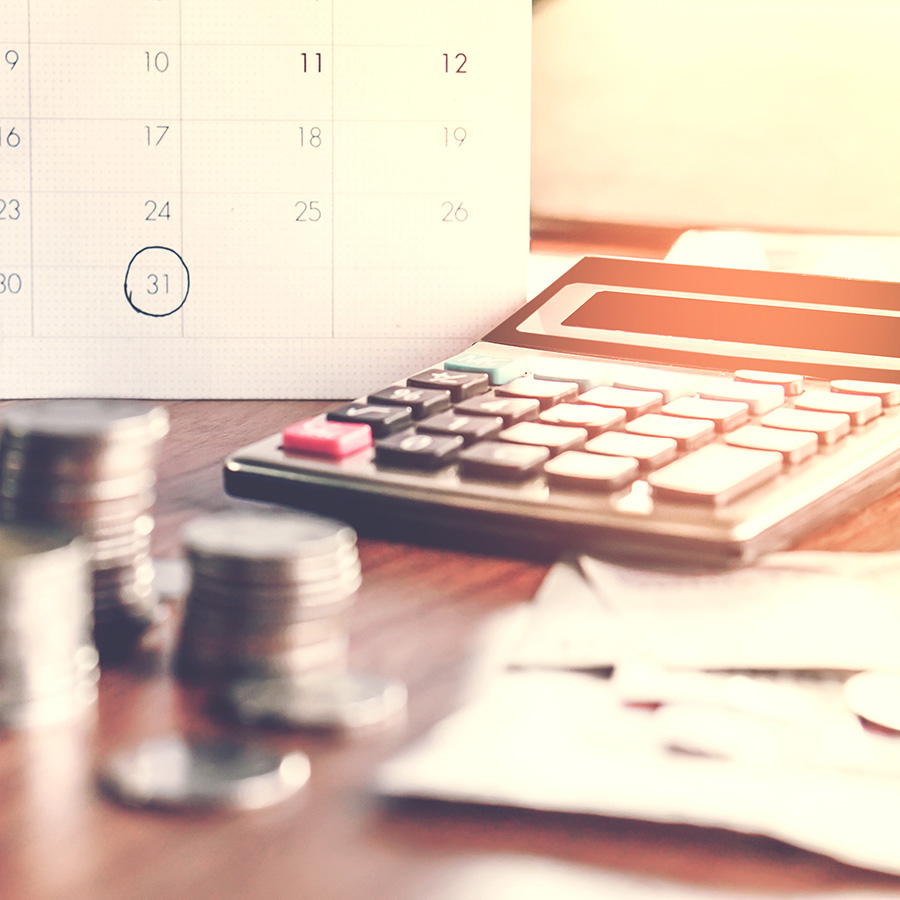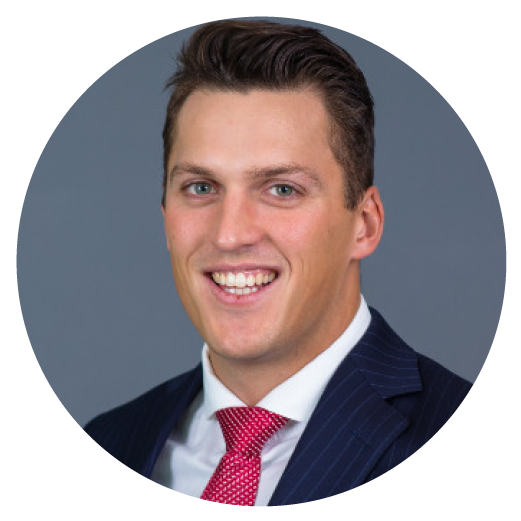
Are you completely overwhelmed with your tax return or do you just want to be prepared for the end-of-financial-year madness? UQ recently held a Get Finance Fit Q&A session on tax time with an expert panel, who provided their tips on the top deductions to claim - including work from home expenses - tax-wise investments, and joining the dots between tax and superannuation. Contact has curated these into some bite-sized tips to read before you lodge your claim.

Effie Zahos (Bachelor of Economics 90)
Editor at large, Canstar, Channel 9 TODAY Show s finance expert and host of the Real Money podcast
Effie Zahos is one of Australia s leading personal finance commentators. Known for her no-nonsense approach, she has a knack for making money matters simple. Effie started out as a graduate trainee for one of Australia s major banks and is the author of 'Ditch the Debt and Get Rich'.
Effie's tips
- It's important to be organised, prepared and tax savvy all year round, not just at tax time. There are three golden rules to follow:
- Make sure YOU spent the money and haven t already been reimbursed
- You can only claim work-related portions if they are not used for personal use
- You must keep a record.
- It also helps to understand what the Australian Tax Office ( ATO) is looking for? Here is a watch list:
- Record keeping
- Work-related expenses
- Rental income and deductions
- Capital gains from crypto shares and property.
- Finally, don t get carried away by last-minute tax deductions and end-of-financial-year (EOFY) sales.

Andrew Courtney (Master of Commerce 12)
Director of Plenitude Wealth and Plenitude Lend
Andrew fell in love with the idea of financially educating people while working as a medical researcher studying breast cancer. He has since transitioned out of science and is now running two businesses: Plenitude Wealth, a financial planning firm, and Plenitude Lend, a mortgage broking business.
Andrew's tips
- Keep all records in your Google Drive, take photos and use a photo scanner for receipts. How you name your files is important and will determine how fast you will be able to find them later when gathering records for your tax return. An example of a good naming convention is YYMMDD-Item-Purpose . Set up four folders in your Google Drive, titled Financial Year (FY), Entity, Investments and Work. Entities can be categorised further into separate Personal, Company and Trust folders.
- If you re considering investing, you should talk to an accountant or advisor on what will work best for you.
- Two taxes to be aware of include income tax (yearly) and capital gains tax (assessed upon sale). When it comes to capital gains tax, a good tip is to own something for more than one year, as a 50 per cent discount applies to capital gains tax after that time.
- Understand your expenses and determine if they are income-related. If you can find some lifestyle expenses related to income expenses, you may be able to pick up more tax-deductible expenses.
- Make sure you get the right advice from an accountant, and you structure your finances accordingly, so they re accessible come tax time.

Eric Dickler
Director of EDR Accounting & Business Solutions
Eric comes from a strong technical accounting and risk-management background, having worked for 5 years for Ernst & Young. He also spent three years working as a Risk Advisor to a major Australian bank before starting his own accounting practice, EDR Accounting & Business Solutions.
Eric's tips
- The ATO looks for global trends, and one of the big trends in recent years is working from home (WFH) expenditure.
- There s three ways to determine work-related expenses:
- Actual cost method: the actual cost based on the percentage of work. For example, a mobile phone bill costs $100 per month and you ve worked out you use it about 10 per cent of the time for work. That s $10 a month which equates to $120 a year. This method can be used for all types of things, like laptops, heating and internet
- Fixed-rate method (52 cents per hour flat rate): This method covers electricity, cleaning and office equipment depreciation. It excludes phone, internet and computer depreciation
- Shortcut method (80 cents per hour): this is a new method and can be used until 30 June 2022. It covers all WFH costs and depreciation.
It s important to figure out what method works best. The shortcut method is not always the best to maximise tax return. Also, be careful not to double dip - if you are using the shortcut method you can t then add phone on top of that, as it is already covered.
- Cryptocurrency is changing the way a lot of people do tax returns. One in five Australians have crypto accounts. The ATO has the data regarding crypto movements within Australia, and they can data match. Cryptocurrency traders will be taxed differently to investors. Traders will be taxed as income, whereas investors will be taxed as capital gain and included in assessable income. A crypto tax tool might be useful to help with record keeping.

James Weyler
Private Client Adviser at UniSuper
James joined UniSuper in 2018. He has been working in the industry since 2010 and in an advisory capacity since 2013. James is passionate about the financial planning process and enjoys building trusting relationships with his clients and helping them navigate the complex world of retirement.
James's tips
- Understand concessional superannuation contributions and why it makes sense to make extra contributions. Concessional contributions are taxed at 15 per cent as opposed to the normal marginal tax rate of about 34.5 per cent. An average income earner in Australia has a salary of $80,000 with a marginal tax rate of 34.5 per cent. If you contribute concessionally, you re saving 19.5 per cent on every dollar that you add into super.
- There are two options for concessional contributions:
- Salary sacrifice, in which you direct your employer to contribute from your gross pre-tax salary into your super, or
- Personal deductible contributions, which are cash reserves to add into your super to claim a deduction.
- Consider the First Home Super Saver Scheme. You can use your super as a saving scheme to afford a house deposit. You must be an adult (over 18), never held a property before and you can only use it once. Remember, you need to apply for the scheme before you sign a contract.
Along with each panellist s top tips, the audience had a few questions of their own.
Which website is best to find information on lodging a tax return?
Panellists agreed the ATO website is the first place to look. The ATO has information on a multitude of topics - and you can even choose your occupation and see what the most common tax deductions claimed are. Other websites suggested by panellists include Tax, Super + You, and Canstar s Tax Resources.
How likely is it to get audited?
There are some red flags that the ATO looks out for. One is if your expenditures are abnormally higher than the industry average. If you re open and honest, keep records and work with the ATO during an audit you will be okay.
Is it worth using an accountant to lodge a tax return?
It pays to get professional advice, but it depends on the complexity of your tax return. Be careful to know the difference between an accountant and a tax agent. Look at their credentials, experience and whether they belong to a professional organisation before deciding.
Watch the recording of the Get Finance Fit tax time webinar
The information provided in this column is general in nature only and does not constitute personal financial advice. The information has been prepared without taking into account your personal objectives, financial situation or needs. Before acting on any information in this column, you should consider the appropriateness of the information for your own objectives, financial situation and needs.
Return to Contact magazine
Source




